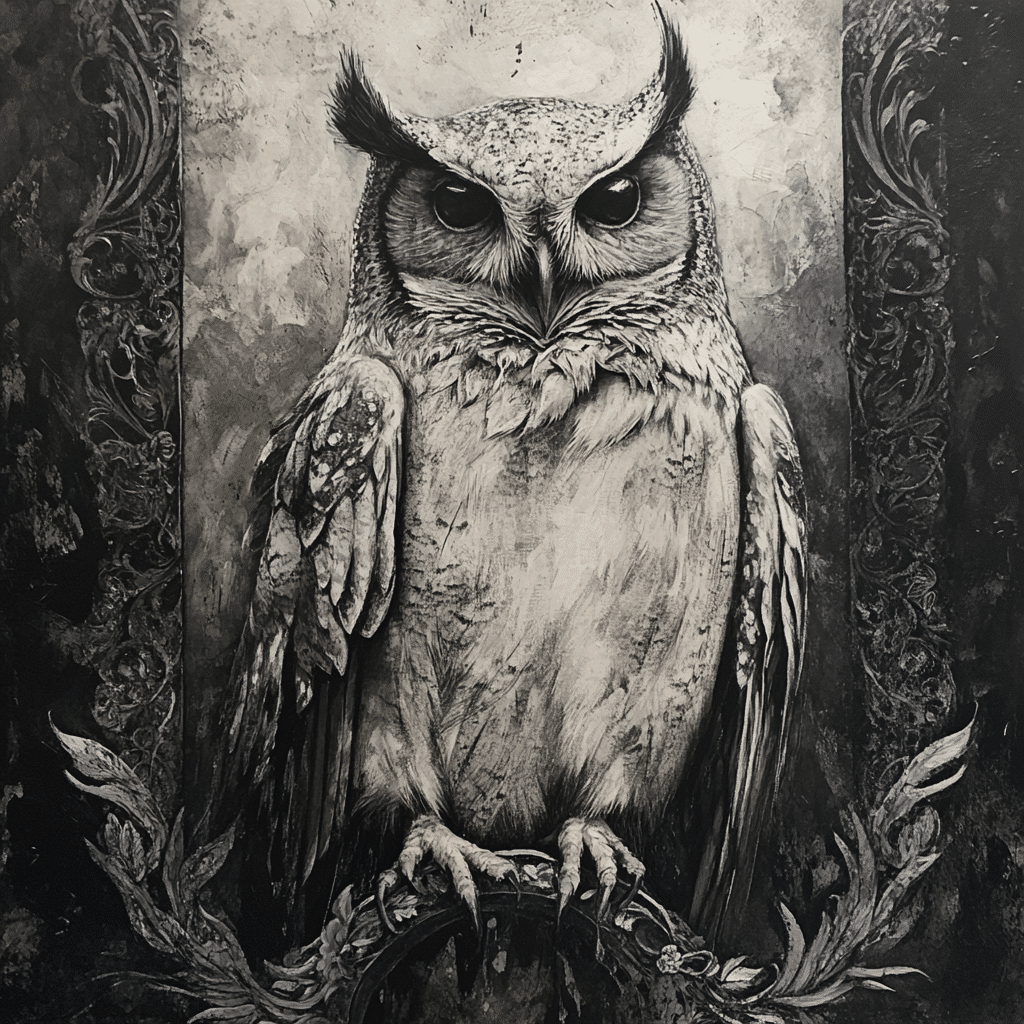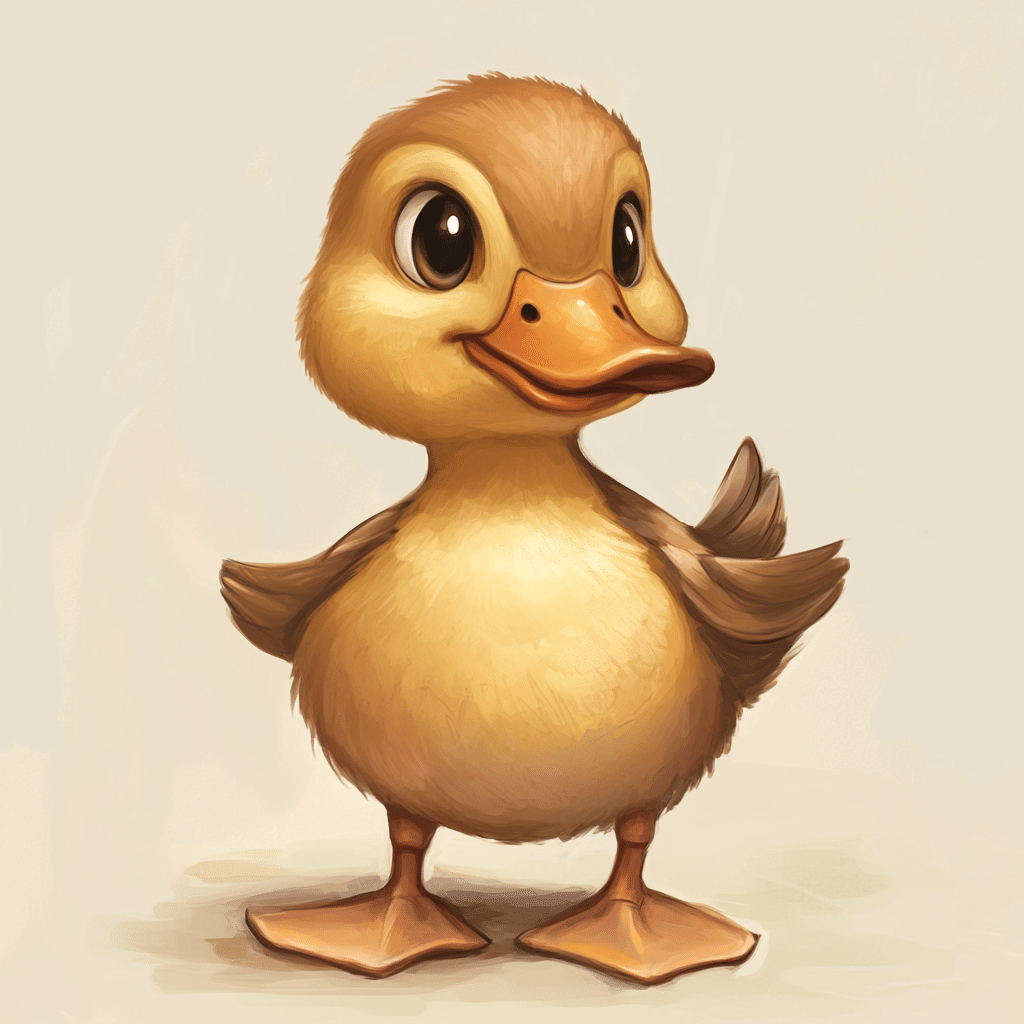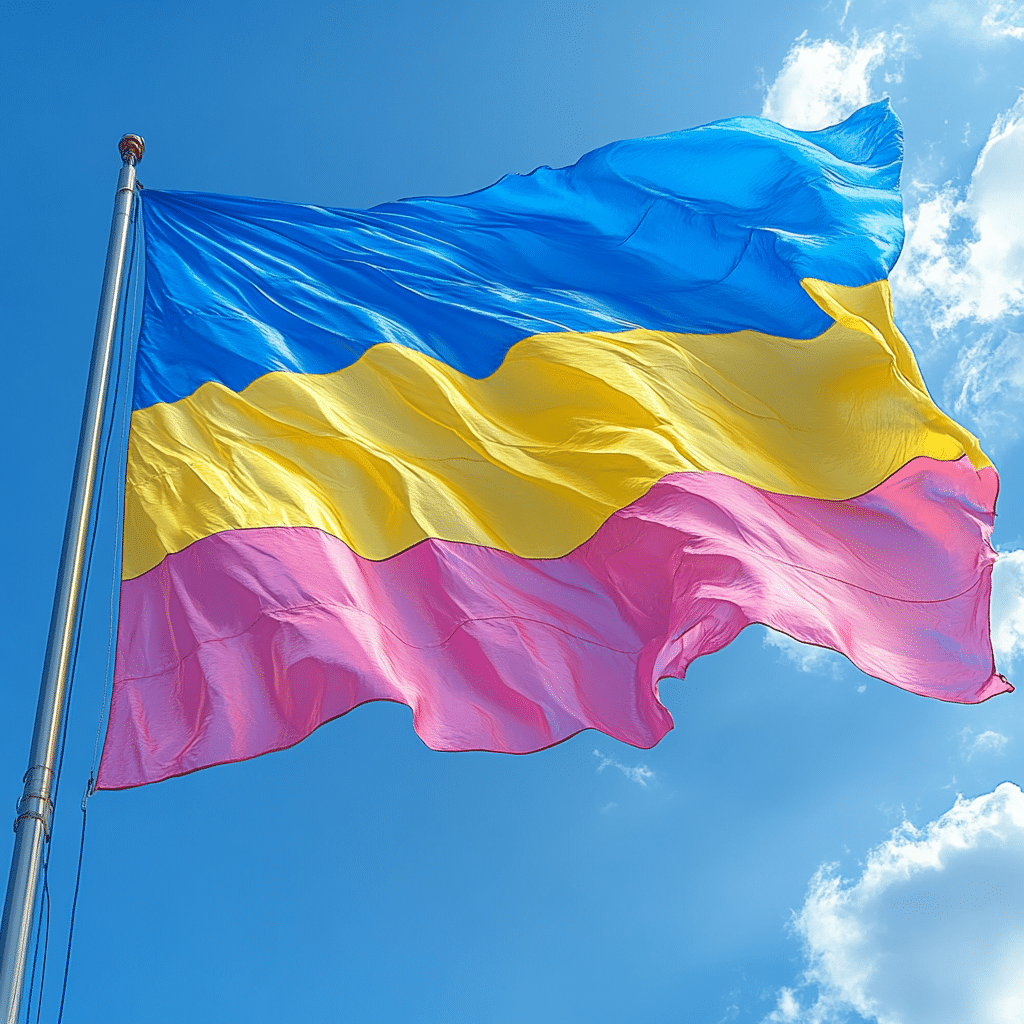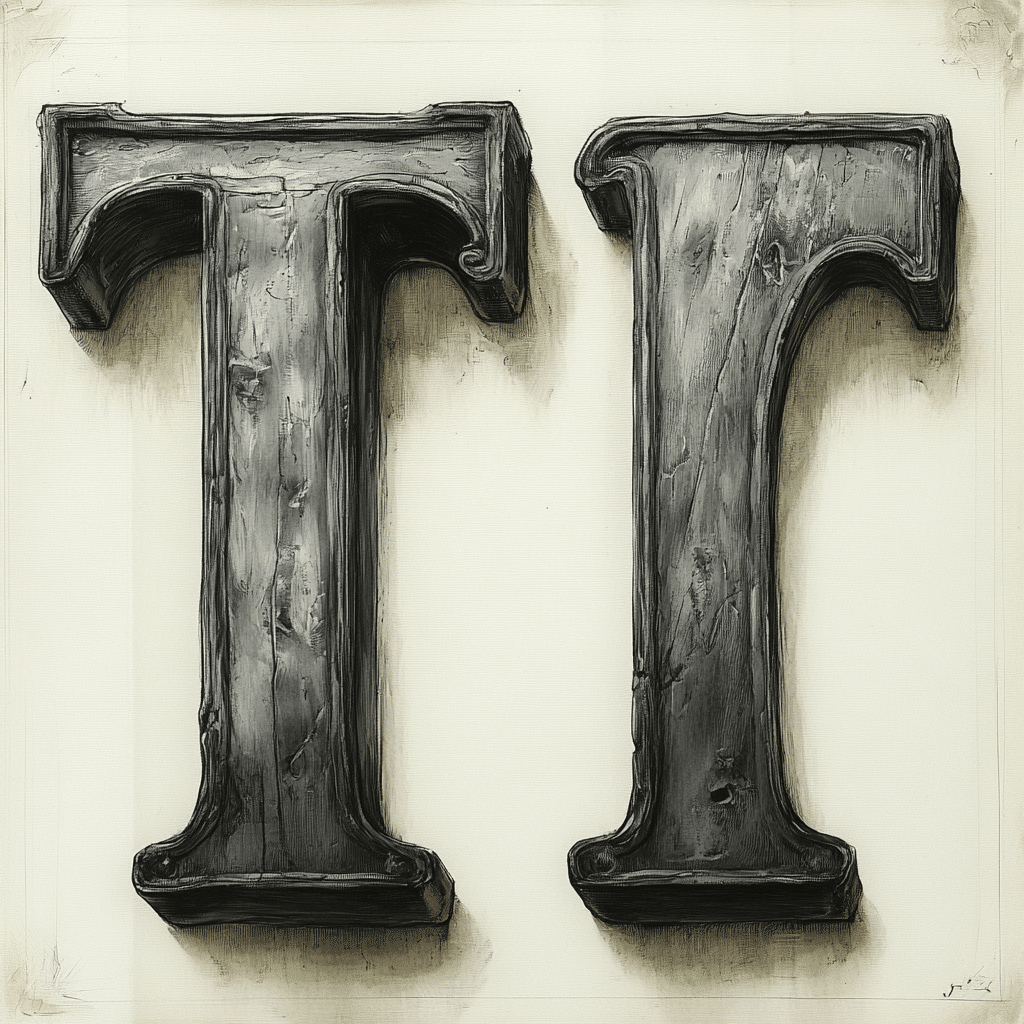Iceland is a land of mesmerizing natural beauty, with glaciers that gleam like diamonds and volcanoes that grumble like ancient gods. But it’s not just the landscapes that tell tales of bygone eras; the very language spoken here is a window into the world of Vikings. The Iceland language is a fascinating study, offering insights into the minds and culture of those legendary Norse explorers. Let’s hoist the sails and embark on a linguistic voyage back to the age of longships and sagas.
Tracing the Roots of Icelandic Language: A Legacy of Vikings
The official language of Iceland, Icelandic, stands as a proud descendant of Old Norse, the tongue of the Vikings who settled this North Atlantic island centuries ago. Icelandic has remained remarkably consistent since Iceland’s settlement period, making it a uniquely preserved linguistic artifact.
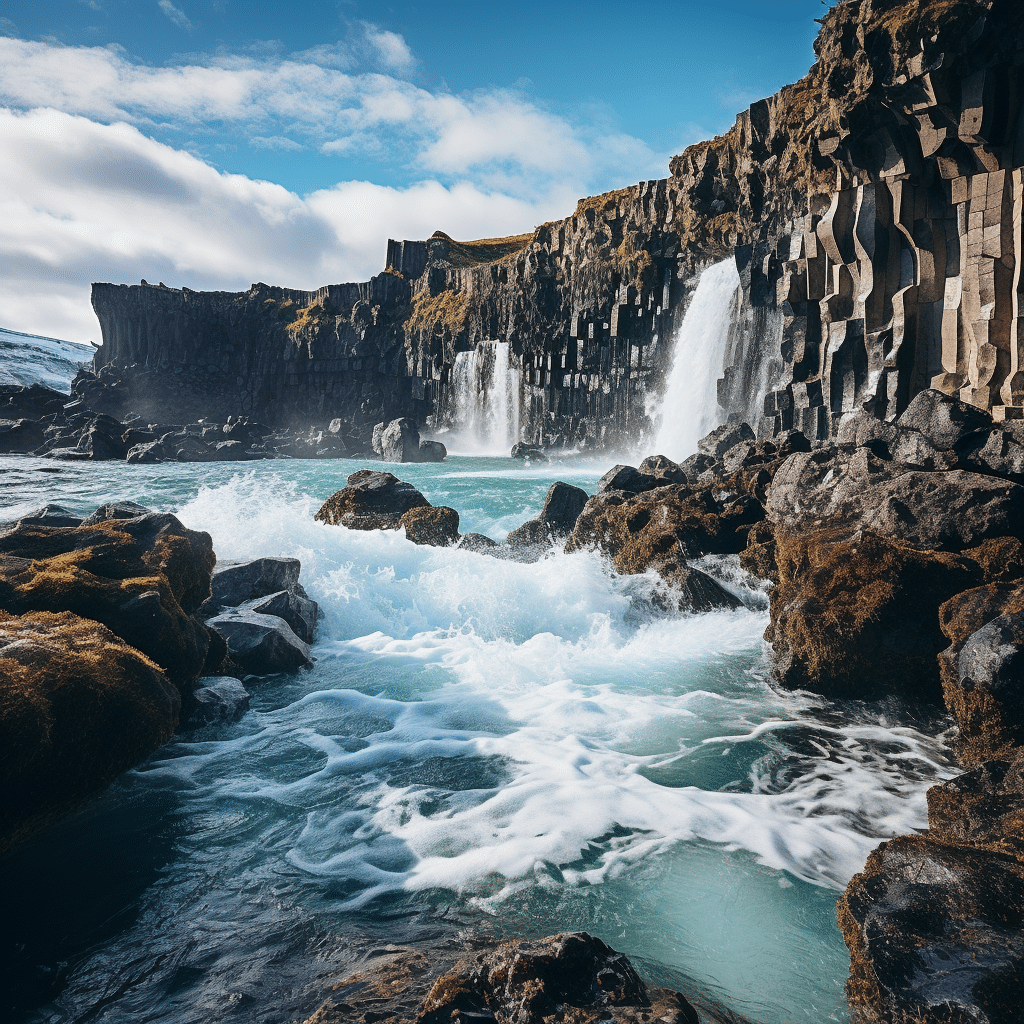
The Distinctive Characteristics of Icelandic
Icelandic isn’t just another Scandinavian language; it’s a treasure trove of linguistic quirks that linguists and enthusiasts love to unravel.
| **Category** | **Details** |
|---|---|
| Official Language | Icelandic |
| Language Family | Indo-European |
| Language Group | North Germanic (also known as Scandinavian languages) |
| Close Relatives | Faroese, Norwegian |
| Distant Relatives | Danish, Swedish |
| Language Origin | Derived from Old West Norse, similarity to Old Norse |
| Alphabet | Latin (Icelandic variant) |
| Conservatism | Language has changed little since Iceland’s settlement (9th-10th century); high level of linguistic purism |
| Second Language | English (fluently spoken by most Icelanders) |
| Other Common Languages | Danish, German, Spanish, French |
| Difficulty Ranking | Category IV (on a scale from I to V, with V being the most difficult, according to the Foreign Service Institute (FSI)) |
| Linguistic Features | – Conserved pronunciation – Grammatical cases – Gendered nouns – Complex declension patterns – Use of archaic vocabulary and grammar |
| Cultural Importance | Strong linguistic identity; considered an essential aspect of national culture |
| Education | Icelandic taught from a young age; English starts early in school curriculum, followed by other languages like Danish |
| Language Practice | Icelanders welcome conversation with foreigners to practice their language skills |
| Accessibility for Learners | Challenging for visitors due to complex grammar and pronunciation; limited resources compared to more widely spoken languages |
Understanding Icelandic: What Language Do They Speak in Iceland?
Iceland may be small, but the Icelandic language punches above its weight in terms of cultural importance.

The Icelandic Language Today: Evolution or Stasis?
As we sail through the 21st century, Icelandic finds itself at an interesting crossroads between tradition and transformation.
Language and Identity: How Icelandic Maintains the Viking Spirit
The Icelandic language is much more than a means of communication—it’s a vessel of cultural identity and a living connection to Iceland’s Viking spirit.
The Linguistic Link: Comparing Icelandic to Other Nordic Tongues
Every language tells a story, and Icelandic is like a chapter out of a Norse epic poem, preserving Old Norse elements more stringently than its sister tongues.
Challenges and Triumphs in Preserving the Icelandic Language
The journey of the Icelandic language is marked by both rough seas and triumphant conquests.
A New Frontier: Innovations in Language Preservation in Iceland
In Iceland, the old and the new merge to create a dynamic approach to language preservation.
The Allure of Icelandic: Attracting Linguists and Enthusiasts Worldwide
The echo of Viking chants in the Icelandic language has a magnetic draw for enthusiasts and scholars from across the globe.
Language as a Time Machine: The Future of Icelandic and Its Viking Heritage
As we peer into the future, one can’t help but wonder what lies ahead for the Icelandic language, our linguistic time machine to the Viking Age.
As we conclude this exploration of Icelandic, it is clear that this language is not merely a set of grammatical rules and vocabulary. It is the essence of a nation; a bold manifestation of Iceland’s past that echoes through generations. It encapsulates the struggle and achievement of a people determined to honor their heritage. Through Icelandic, you can almost hear the din of Viking halls and feel the spirit of an age that, while long gone, is never truly lost.
In the fast-paced digital age, where the relevance of the Iceland language might be questioned, it is changes like these that keep the island’s rich history and culture robust and alive, reasserting that this North Germanic language does more than just narrate the past; it enables the proud Icelandic people to continue writing their own saga.
Iceland Language Trivia: A Lingering Whisper of the Vikings
Oh, the Rarity!
Can you believe it? Icelandic, with its mind-boggling declensions and conjugations, is spoken by just around 340,000 people. That’s fewer than the population of many mid-sized cities around the globe. Unchanged for centuries, it’s like a “parts geek” of languages, a collector of historical linguistic bits and pieces preserved in a living museum. It’s no wonder language enthusiasts often flock to the challenge like moths to a flame.
The Echo of Old Norse
Once upon a time, the Vikings, those fierce seafaring warriors from Scandinavia, set sail and discovered Iceland. And guess what? They brought more than just their longships and battle axes—they brought their language too. Fast-forward through the sands of time, and Icelandic has changed so little from Old Norse, that it’s as if the language itself is frozen in time. Some would say it almost feels like clicking through a gallery on a viking-themed web page,( seeing images that take you straight back to the age of sagas and runes.
You’re Saying It How?
Alright, picture this: letters you’ve never seen before in English, and sounds that seem to come straight out of a magical rune spellbook. That-throaty-sound-coming-out? It’s the letter ‘Þ’, pronounced like ‘th’ in English. And it’s not alone; there’s also ‘Ð’, which sounds similar but is used in different contexts. Toss in a couple more unique characters, and you’ve got yourself a linguistic treasure chest!
Tongue-Twisting Place Names
Hold on to your hats, folks. Icelandic place names are not for the faint-hearted. You’ve got names like Eyjafjallajökull—I mean, come on, it’s as if they threw the entire alphabet into a blender and ended up with a name that sends weather forecasters and tourists into a frenzy! But once you get the hang of it, these names tell a story, almost painting a picture of the landscapes they describe. It’s more than a mouthful; it’s a narrative!
Hanging on to Tradition
Here’s the scoop: Icelanders take their language seriously—like, really seriously. The Icelandic Language Committee isn’t just sitting around; they’re busy as bees, coining new words for modern concepts that fit snugly into the linguistic traditions. So, instead of borrowing words from other languages, they build from their own linguistic Lego set. Suddenly, ‘computer’ becomes ‘tölva’, which translates to a blend of ‘number’ and ‘prophetess’. Neat, isn’t it?
A Language Not Lost in Translation
Dive into an Icelandic book, and you’re diving into the past. Modern Icelandic speakers can read the ancient sagas of their Viking ancestors without much squinting. That’s right, no scrambling to translate—it’s practically the same language! It’s like opening an unaltered, dusty old chest and finding the treasure glinting just as brightly as it did centuries ago.
And there you have it! A whirlwind tour of the quirks and curiosities that make the Icelandic language a thrilling trip back to the time of the Vikings. So next time you hear someone talk about Iceland, just remember—it’s not just glaciers and geysers; it’s also a linguistic ride through history!

Do they speak English in Iceland?
Well, yeah, English is pretty widely spoken in Iceland, so you’ll have no trouble getting by with just “hello” and “thanks”. But don’t forget, their official language is Icelandic – which they’re super proud of, by the way.
What language is Icelandic similar to?
Icelandic’s got this Old Norse vibe going because that’s its closest cousin from back in the Viking days. So if you’ve ever heard Norwegian, Danish, or Swedish, it’s like they’re all distant relatives at a family reunion.
Is it difficult to learn Icelandic?
Oh boy, diving into Icelandic can be like climbing a mountain without the right gear – it’s tough! With its complex grammar and unique vocabulary, it’s not a walk in the park, but hey, nothing worth doing is ever easy, right?
Is Icelandic similar to German?
Nah, Icelandic and German are like third cousins twice removed – they’ve got some ancient connections way back, but they’ve headed off in their own unique directions.
Is Iceland friendly to American tourists?
Absolutely! Icelanders roll out the red carpet for American tourists, greeting you with open arms and that famous Nordic cool.
Is Iceland very expensive?
Hold on to your wallet because, yep, Iceland can put a serious dent in your bank account. From dining out to just getting around, the prices can make your eyes water!
What is Hello in Iceland?
When you land in Iceland, start with a cheery “Halló!” – that’s “hello” to get you on the friendly side of any Icelander.
What is traditional Icelandic food?
Tuck into traditional Icelandic food and you’ll be sampling hearty stuff like hangikjöt (smoked lamb), harðfiskur (dried fish), and – only for the brave – hákarl (fermented shark). Not your average grocery store finds!
Is it hard to move to Iceland?
Setting up shop in Iceland isn’t a piece of cake – with strict residency requirements and all the red tape, it’s about as easy as nailing jelly to a wall.
Is it good to live in Iceland?
Living the dream in Iceland? For many, it’s a resounding “Yes!” With pristine nature, a high standard of living, and a tight-knit community vibe, many say it’s top-notch.
What is the hardest language to learn?
The hardest language to learn is often said to be Mandarin or Arabic, given their intricate writing systems and pronunciation. But really, it’s like comparing apples and oranges – it depends on what you’re used to.
Is Icelandic on duolingo?
Yep, you betcha, Icelandic is on Duolingo! So you can start feeling like a Viking, one swipe at a time, all from your phone.
Can you live in Iceland only speaking English?
In Iceland, speaking English can get you far, but knowing some Icelandic is the cherry on top for making deeper connections with the place and its people.
How do you say thank you in Iceland?
Gratitude in Iceland is as simple as saying “Takk” – that’s “thank you” with a Nordic twist.
What language did Vikings speak?
The Vikings were chatting in Old Norse – think of it as the granddaddy of Icelandic and other Scandinavian languages.
Can you survive with English in Iceland?
With English, you’ll do more than survive; you’ll thrive in Iceland! It’s like a safety net for travel since almost everyone speaks it.
Can I move to Iceland only speaking English?
Dreaming of moving to Iceland with just your English? It’s doable, but learning a bit of Icelandic is a golden ticket to fitting in with those cool locals.
Can you go to Iceland only speaking English?
Can you head to Iceland only speaking English? Absolutely, you’ll be just fine, but sprinkling a few Icelandic phrases in there will put a feather in your cap.
Are road signs in Iceland in English?
Road signs in Iceland mostly say “Halló!” in Icelandic, but don’t sweat it – they’ve got English for us language-challenged travelers too.





